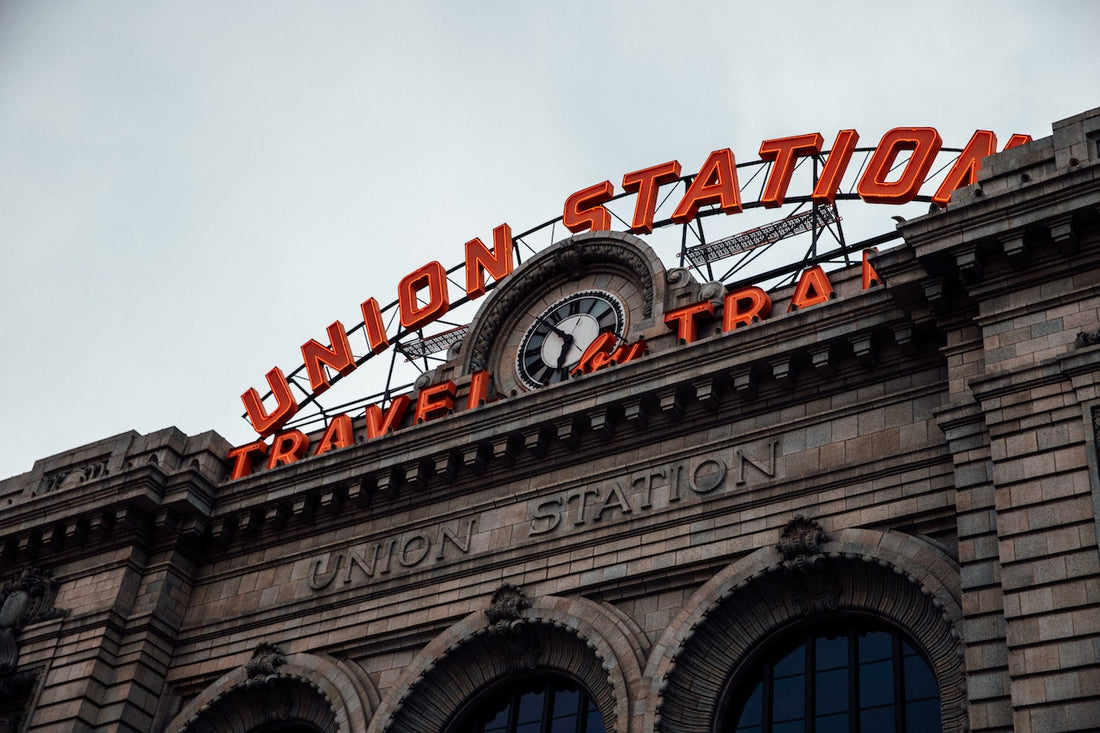Do I Need a Water Softener Living in Denver, Colorado?
When you live in a city surrounded by a stunning landscape of mountains, you might not initially think of water hardness becoming an issue. Many Denver, Colorado, residents ask whether they need to install a water softener in their homes.
Maybe you realized the water from your shower is drying your skin and scalp. Perhaps you recently moved to the Denver area and think the water has a strange mineral taste. Your neighbor might’ve mentioned their water softener system saved them from years of appliance wear and tear.
We believe it’s important for you to get a clear picture of your area’s water hardness (and quality). Let’s take a look at whether Denver, Colorado, has hard water and how to address it:
Does Denver Have Hard Water?
To get a better understanding of Denver’s hard water levels, you should first get a background of where Denver’s water comes from and what makes water hard.
The water found in lakes, rivers, and streams comes from rainfall; rainfall is considered soft water. Rainfall will make its way through Colorado’s rocks, rivers, and streams. It picks up minerals along the way before eventually making it into your home’s water sources.
Denver Water is responsible for the collection, storage, quality control, and distribution of drinking water to 1.5 million people, which is nearly one-fourth of all Coloradans.
In the map below, Denver Water demonstrates water used in Denver comes from two main collection systems: the southern collection system and the northern collection system. You’ll notice that both collection systems rely solely on the rivers, lakes, and reservoirs found in the local mountains. Almost all of its water comes from mountain snowmelt, and Denver is the first major user in line to use that water.
Since Denver gets most of its water from the rivers and lakes in the surrounding mountains, it’s not hard to imagine how easily the water can become hard as it makes its way down the canyons.
Is There a Difference between the Two Water Systems in Denver?
Approximately 80% of Denver’s water supply is from the South System, and 20% is from the North System. There’s a distinction between the two systems: the South System is considered “moderately hard” (with a range of calcium carbonate levels generally between 75 to 120 mg/L), and the North System is considered soft (with a range between 40 and 50 mg/L).
The reason many Denver residents who don’t use a water softener system have experienced dry skin, dry hair, spotty dishes, wear and tear on their home’s plumbing, and damaged appliances is that most of Denver’s water is considered “moderately hard.”
According to Steve Price, water treatment engineer at Denver Water, the seasons also play a role in Denver’s water hardness. He says, “The hardness of our water varies during the year. Denver’s water is slightly harder in the winter when our waterways and reservoirs freeze, allowing the water to absorb more minerals. It’s softer during late spring through fall when the runoff filters out some of the minerals as the water makes its way into our reservoirs.”
Should I Get a Water Softener in Denver?
If you’re using water from the Denver Water system in your home, you can weigh the pros and cons. Deciding to get a water softener isn’t a debate about whether Denver’s water is safe to drink (it’s very safe to drink). Homeowners often integrate a water softener system into their homes to protect their plumbing and appliances. It’s also genuinely enjoyable to get out of a shower without your skin and hair feeling extremely dry.
The Denver Post indicates that public and private wells are also very common in the Denver area. If you’re using a well as a water source, you need a water filtration system and a water softener to make the water completely safe to drink.
To make things short: you need a water filtration system and water softener if you’re using water derived from wells. Getting water from the Denver Water system? The choice is yours.
If you want to take your water quality and water hardness levels into your own hands, we suggest investing in a Whole House Water Filter & Salt-Free Softener Alternative Combo.
While you might not need a water softener, you’ll better enjoy your home’s water by installing one. Filter Smart’s water solution systems are easy to install, environmentally friendly, and inexpensive to use because they don’t require electricity. You’ll just need to quickly (and easily) change the sediment pre-filter every six to nine months.
It’s time to make your water feel and taste like it just came from one of the snowcapped mountains you see when stepping outside your home.






